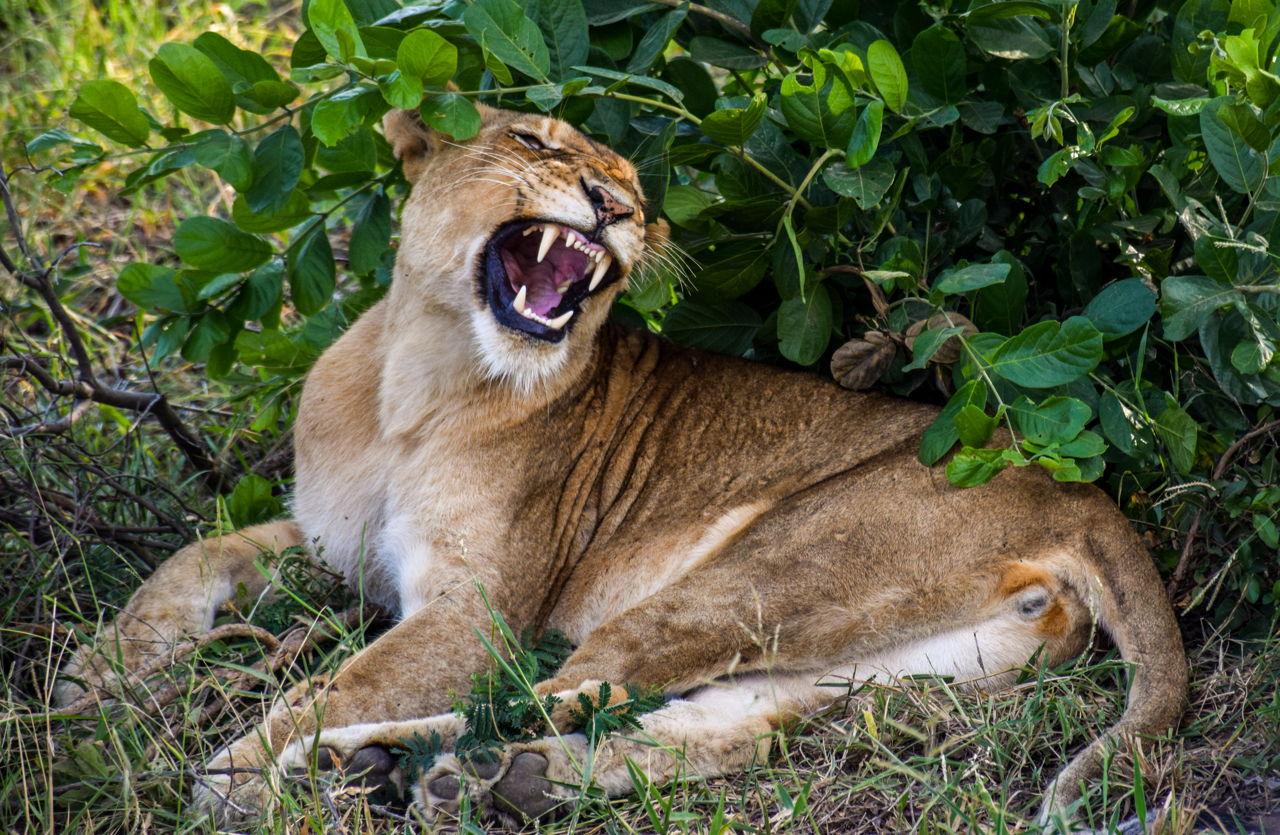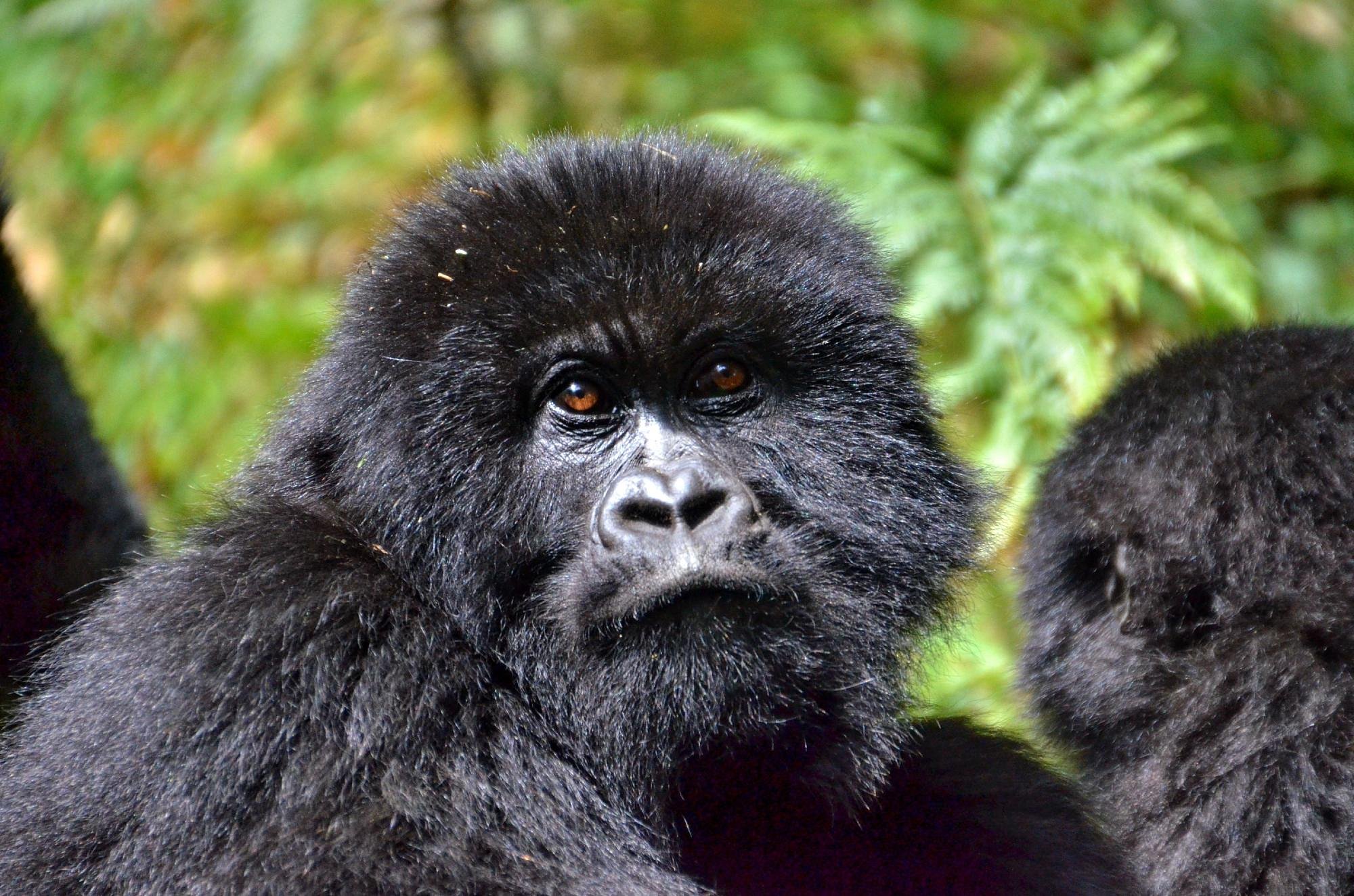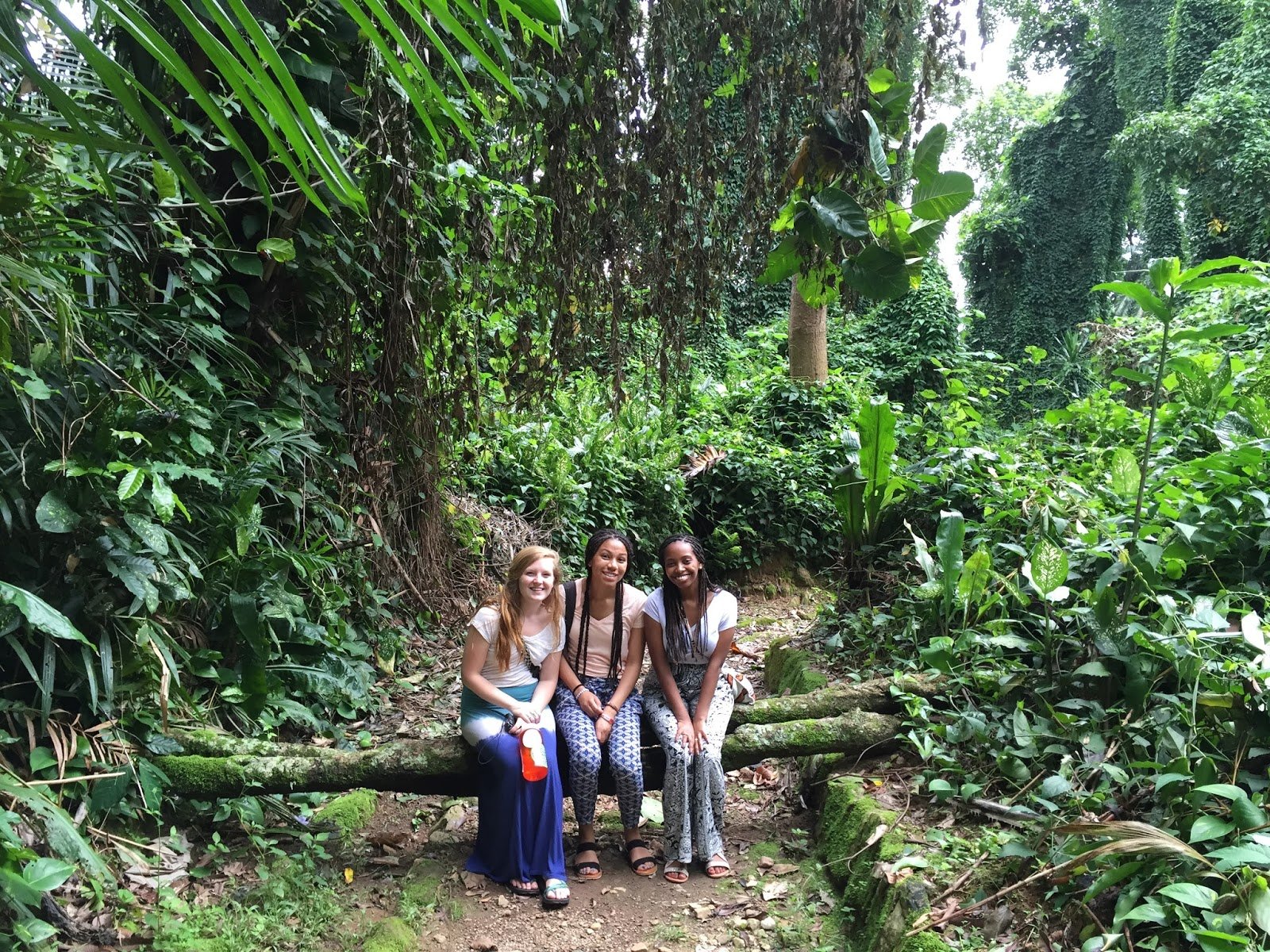
How elephant-poaching has affected the tourism industry
How elephant-poaching has affected the tourism industry, Uganda
How has elephant-poaching affected the tourism industry in Uganda? How elephant-poaching has affected the tourism industry. The decline in elephant population due to poaching has potential to reduce tourist visits. It is estimated that reduction in visitor population, accounts for about USD 25 million loss in revenue each year.
Most African countries Uganda inclusive lose remarkable revenue collection from tourism when poaching goes unchecked. What started as a joke has turned out to be a major problem to the tourism industry of Uganda.
Many didn’t imagine that it could escalate to this magnitude but after some time, elephant poaching has increased in the country and this has led to a decrease in their population.
This has raised concern in the country especially to the conservation organizations like the Uganda Wildlife Authority (UWA) which have come out to speak against the vice.
The government has also come out to support different organizations in an effort to see that these elegant animals nearing depletion are saved.
But everyone wonders why elephants are the most poached animals in games reserves and national park yet there are other animals among which are those which are easy to hunt down.
The major cause of elephant poaching
According to the recently concluded research, it indicated that the major cause of elephant poaching is the profit-making market of ivory in the Asian countries especially China.
Elephants are hunted mainly for ivory which sells like a hotcake in the Asian countries, denying the government big sums of money from the tourism industry.
Being among the big five of the wild, elephants are the fattest wild animals which are so attractive to look at as they graze in the fields and many visitors on their wildlife safari, find it more breathtaking to spend an evening looking at them. Others even get a chance of sitting on them for a lifetime adventurous ride.
But the poachers don’t think about this as they go and kill these innocent animals for little money which is less than the money the government gets from the visitors.
In fact the government through the ministry of tourism stated that is has lost an estimate of UGX 100 billion and this is thought to have been caused by an increase in the killings of elephants.
Measures to protect elephants in the wild
With this increasing threat, the government has now come up with various measures that will help to protect the elephants in their natural habitats without any form of insecurity.
Strict laws against poaching practices
Strong laws against poaching have been proposed and these will help to punish the poacher’s survey.
Training of park rangers
More game ranger are also to be trained and these will be equipped with all the necessary gadgets including guns and they will keep a 24/7 watch in the different national parks.
However, the former minister of tourism “Maria Mutagamba” noted that these anti-poaching solutions can only be successful if the different foreign countries involved in Ivory trade are convinced to stop otherwise, poachers will still find a way of smuggling it.
Coordination/collaborative efforts
The only way this vice can be eliminated is by joining efforts by Ugandans, the government and the foreign governments. If the local people are sensitized about the dangers of poaching and also told how this affects their way of living in terms of income, there are higher chances that it will stop.
Location participation in protection of wildlife
The whole process of conserving these elegant animals (elephants) starts with the local people because they are the beneficiaries of the domestic tourism sector. Once they don’t supply Ivory to the western countries, the trade will be forced to stop.
Where to find African elephants in Uganda
Popular destinations to find African elephants in Uganda include Murchison Falls National Park, Queen Elizabeth National Park, Kibale National Park, Bwindi Impenetrable National Park, Kidepo Valley National Park and others.



